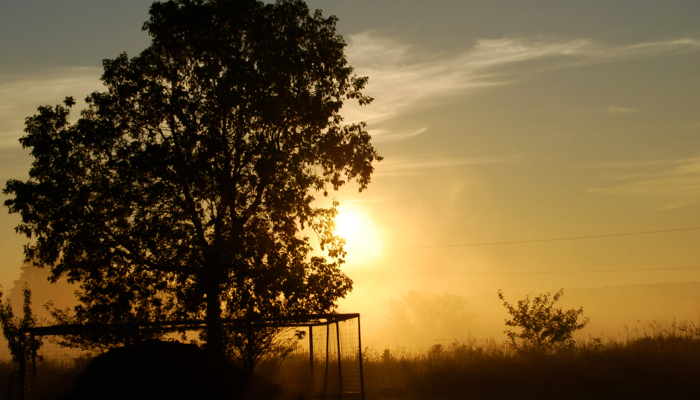
Happy New Year! It is bittersweet to be back after such a long break. In the spirit of new beginnings I would like to Blog about a theme from the Chip and Dan Heath book I read over the holidays – the need for ‘unexpectedness’ in making ideas stick. Knowledge sometimes needs a clean slate in order to be meaningful.
The Heath brothers argue that “we can engage people’s curiosity over a long period of time by systematically ‘opening gaps’ in their knowledge – and then filling those gaps.” This is similar to a theme that I often come across when researching self-efficacy, or task specific confidence. Self-efficacy helps us to guide our efforts when we encounter new information. If we do not know anything about the topic we are motivated to direct our efforts towards learning about it. If we believe we know all about it already we do not invest our efforts toward the new information but redirect our attention. By extension, it becomes the job of the person trying to convey the new information to help the audience understand that they do not know it already. The ‘instructor’ has to help the learner in knowing what they don’t know. In some cases, you might need to take apart tightly held beliefs or assumptions before you can introduce new ways of looking at things.
The military takes advantage of this idea. As part of the initiation, new recruits are systematically ‘stripped’ of their understanding of the world and re-oriented to view it through a given lens. This is a similar process as that seen in environments where there are hazing rituals such as sports teams and fraternities. But, the process need not be as shocking or aggressive as military orientation or hazing. A good teacher achieves the same effect with a well considered plan.
I recall feeling as though I knew it all when I graduated from high school. I had taken mainly mathematics and science courses – courses that can have a clear right or wrong answer. In high school, at least in the sciences, material is often taught in such as way that a student can begin to believe there is a formula for every problem. If you are able to attach the correct formula to the correct question, you can come to a correct answer. In high school all the big questions were answered. Then I went on to university. The main focus of the lectures in my first year was to help students understand the limits of our knowledge – what don’t we know. I came to understand that knowledge of the world is pretty limited. This revelation opened me up to consider all kinds of new ideas. It set me on a path where I have come to pursue ‘new ideas.‘ I seek to ask more questions than I do to find answers.
It is an interesting notion; in order to learn anything, you need to let go of the belief that you know something to begin with.

No Comments so far ↓
Like gas stations in rural Texas after 10 pm, comments are closed.